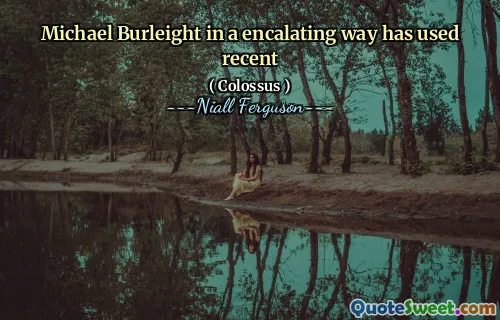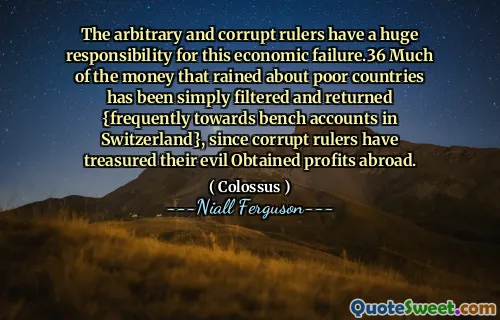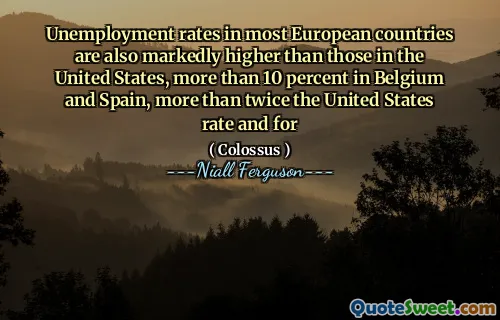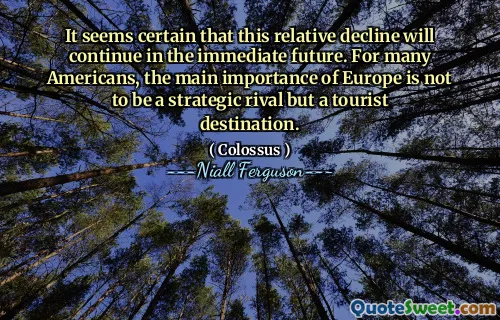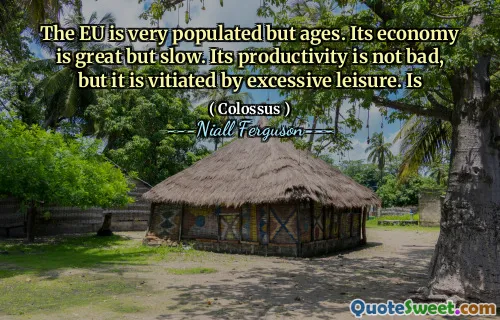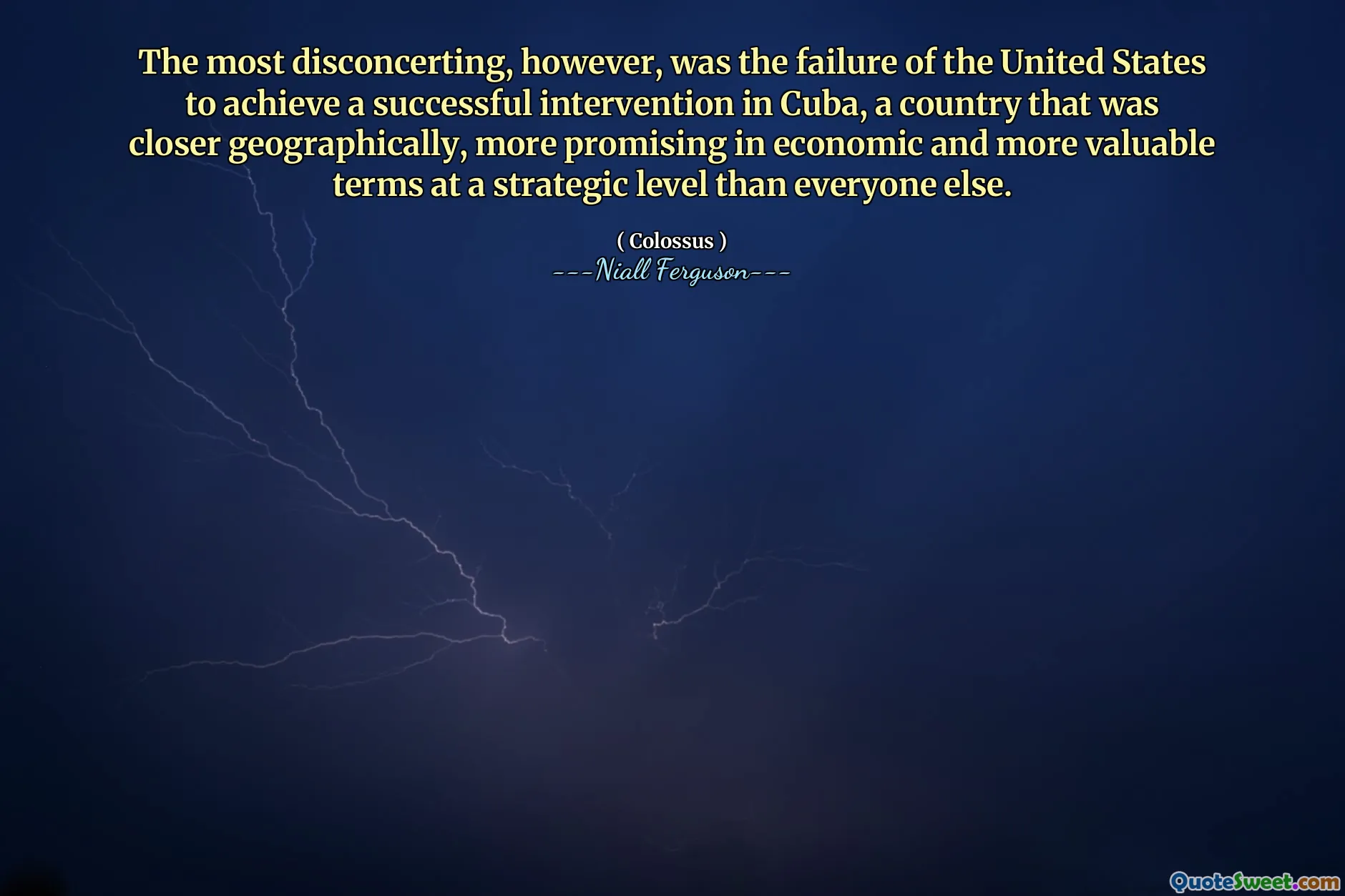
The most disconcerting, however, was the failure of the United States to achieve a successful intervention in Cuba, a country that was closer geographically, more promising in economic and more valuable terms at a strategic level than everyone else.
Niall Ferguson's book "Colossus" discusses the challenges faced by the United States in its foreign interventions, particularly highlighting its failed efforts in Cuba. Despite being geographically closer and holding more economic promise than other nations, Cuba presented significant difficulties for American intervention. This situation underscores a broader theme of U.S. foreign policy struggles, especially in pursuing successful outcomes in locations that seem strategically ideal.
The disappointment in Cuba serves as a critical example of the complexities involved in international intervention. Ferguson emphasizes that the strategic value of a country does not guarantee successful engagement, pointing to the intricate political, social, and historical contexts that often hinder American ambitions abroad. The Cuban experience illustrates the unpredictability and risks inherent in such endeavors.
